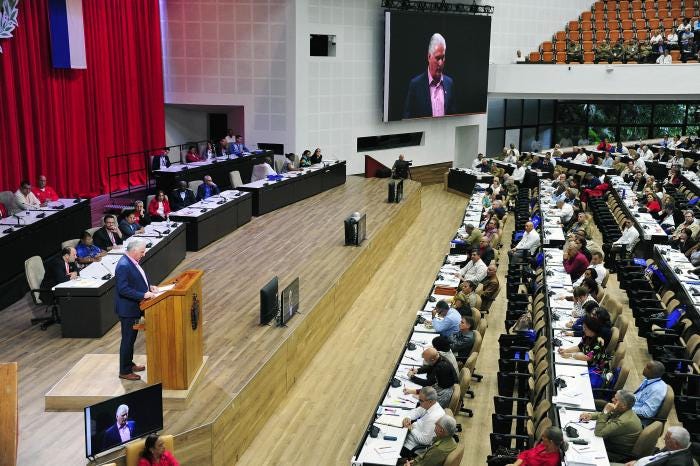The Cuban National Assembly of People’s Power, the highest legal and constitutional authority in the nation, elected directly and indirectly by the people, unanimously approved on December 18, 2024, a Declaration calling for an end to the sixty-five-year-long blockade of the government of the United States against Cuba. It declared:
The demand of this National Assembly of People's Power, in representation of the people of Cuba, is that the blockade of the United States be lifted once and for all, that the government of that country cease the persecution of our economic and financial relations with the rest of the world, that it eliminate the millions of dollars in funds from the federal budget to subvert internal order and feed disinformation operations against Cuba, and that it remove our country from the arbitrary and unilateral list of State sponsors of terrorism.

The Declaratio…

